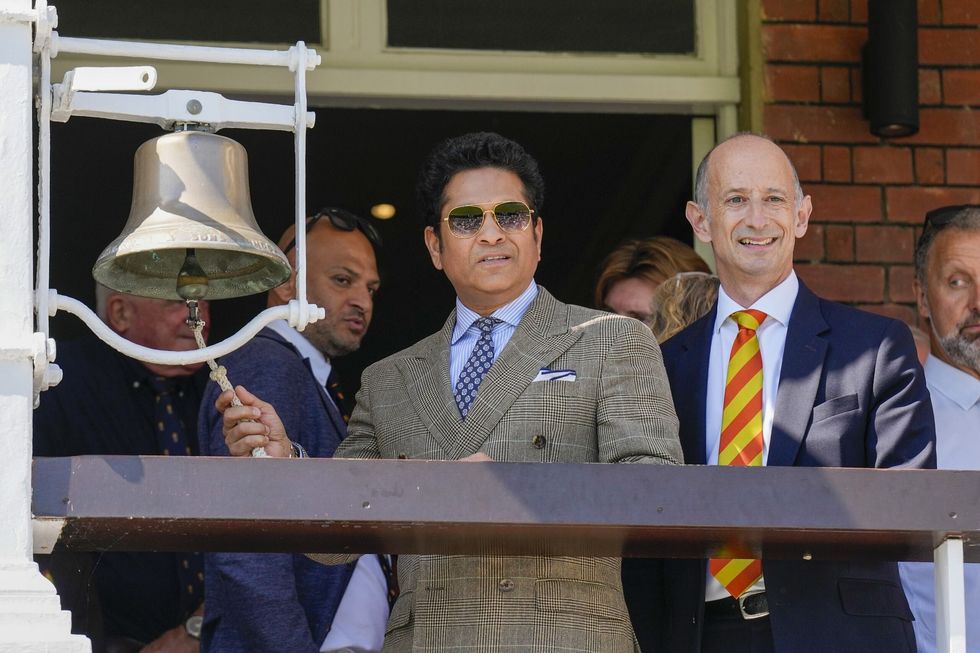by LAUREN CODLING
AN INDIA-BASED British fashion designer has spoken of her desire to keep the art of traditional Indian craft alive, as she warned that it could soon be lost for future generations.
Molly Russell is the designer behind Pink City Prints, a Jaipur-based clothing range which has an emphasis on ethical fashion. Clothing is hand-crafted by local artisans, using traditional Indian methods such as block printing, indigo dying and embroidery on locally sourced fabrics.
Seeing the clothing come together is a rewarding process for Russell. But it is also an aspect which she hopes will inspire new generations, as the craft is being taken over by machinery.
“In an age where everything is made by machines, it’s even more important to support the crafts people. Their children don’t want to follow in their footsteps but get a job in an office,” she told Eastern Eye. “I really fear these skills will be lost forever if they’re not celebrated and used.”
There are challenges in the process of the craft – the difficulty of the traditional design methods means that it can be extremely time-consuming. Block-printing, especially, can cause some problems.
The art of block-printing is when a wood block is dipped into a colour tray and then carefully applied to the fabric and then repeated. But, as the strength of each block-printer varies, stronger workers pressing the blocks harder make the colour darker while those who are weaker make the colour lighter.
Also, the business can only use block colours during a certain time of the year, as fabrics need to be laid outside to dry, which is dependent on prevailing weather conditions. “Even a slight change in the weather or a cloud can throw the colour off,” Russell explained.
In addition, the embroiderers have to be overseen to ensure the design tracings are followed accurately, which means the process can sometimes take months.
Aware that workshops in Asia do not have the best reputation for working conditions, Russell said she wanted to ensure that her employees were treated fairly and with respect. There is an open-door policy in her workshops, so Russell can come and go as she pleases, and each area is vetted. Employees work eight-hour days with three breaks, earning more than double the minimum wage.
Originally hailing from the Lake District, the Glasgow School of Art graduate was travelling in India in 2015 when inspiration struck. Stopping off in Jaipur in the desert state of Rajasthan in western India before she headed home, Russell discovered an array of textile shops and was “totally captivated”.
“Before I knew it, I had bought a huge pile of block-printed cotton and was having it made into summer dresses,” she recalled. “I only had a week, (but) the stock was sent to the UK and it sold out.”
As the business grew, she began to spend more time in Jaipur, known as India’s ‘pink city’ for the terracotta shade which adorns the local buildings. Eventually, Russell decided to relocate to India completely.
“It’s really important I’m there to oversee things as everything is made by hand so anything can go wrong,” she said.
Russell explained that she was eager to work with Indian women to help increase their chances of employment and independence by teaching them valuable job skills, such as embroidery. At present, she is exploring new partnerships with charities in Jaipur and Delhi.
She said: “It’s really important to do your research and put your money where the most effective change can be made.”





 (Photo credit: PTI)
(Photo credit: PTI)










 Kendrick Lamar and SZA commands the stage at Villa Park during his explosive opening setInstagram/
Kendrick Lamar and SZA commands the stage at Villa Park during his explosive opening setInstagram/
